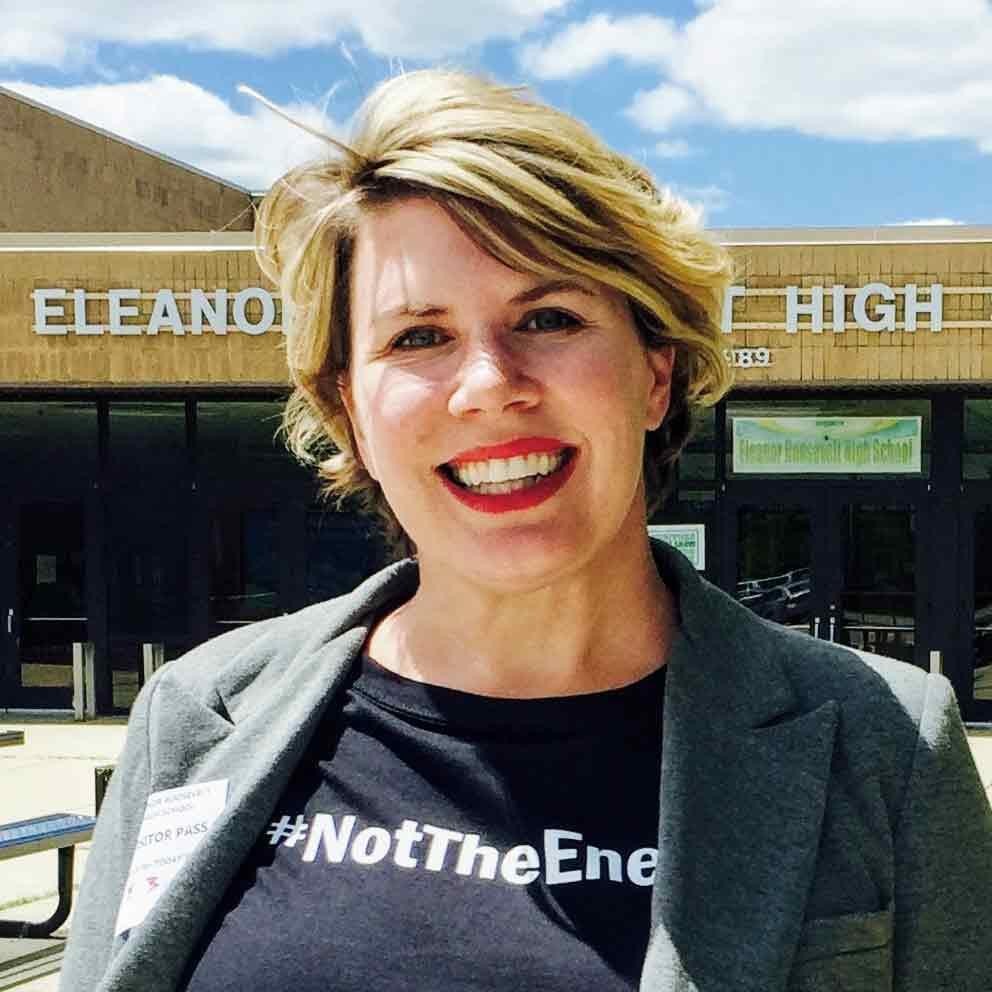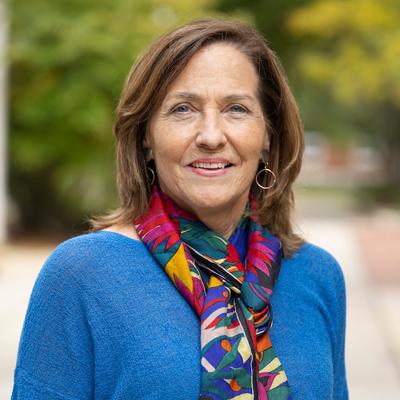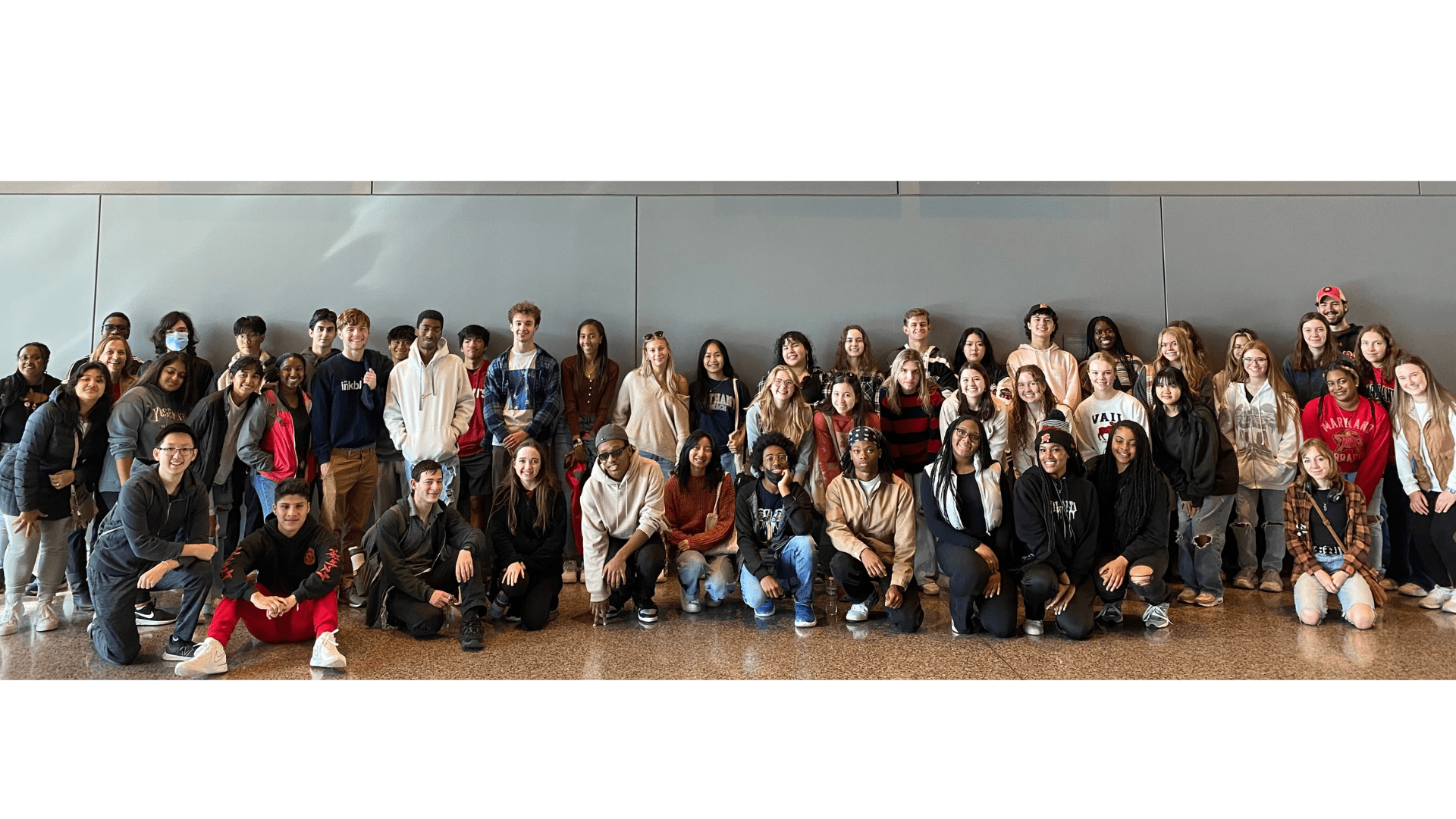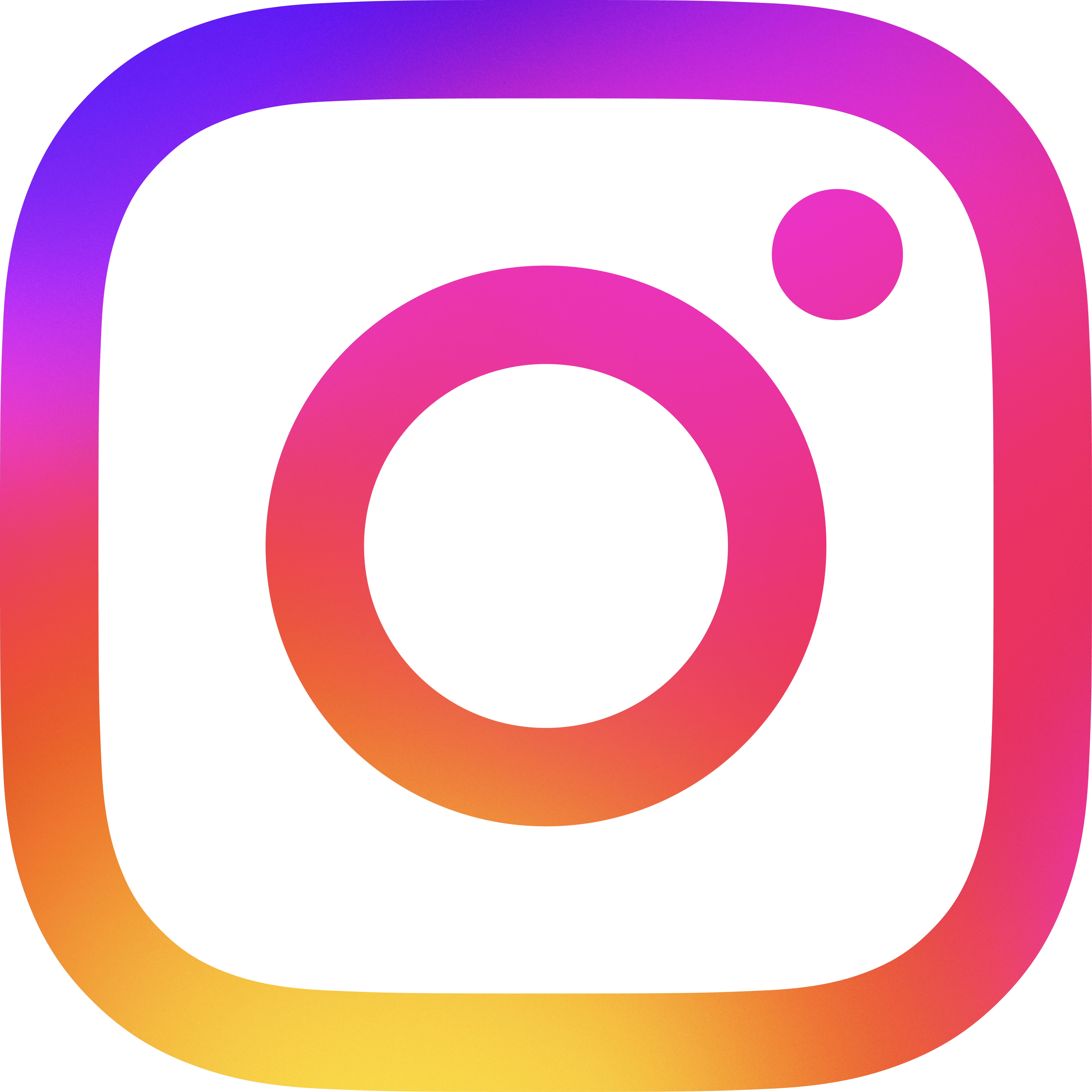Media, Self and Society
Analyzing urgent questions about our media-filled lives
Introduction
Media literacy is essential for critical thinking, health, and informed citizenship in the 21st century, yet many people lack the skills to critically evaluate the information they encounter online and in other media sources.
The Media Scholars program provides opportunities for students to participate in a creative learning community to develop their skills for analyzing and producing media. Our program promotes learning by doing and uses small group discussions, service activities, field trips, and creative projects to help our students understand and navigate their media-filled lives.
We have created an inclusive curriculum that also involves lessons that critically examine media representations of marginalized groups. Students should understand how the media has been used to oppress and stereotype certain groups, and how it can be used to promote equity and social justice. Media Scholars provides students with opportunities to create their own media texts that are inclusive and affirming of diverse cultures.
Colloquium and Lecture Topics
Our class sessions regularly include these features:
The Eye Opener: a critical analysis of the news of the day
Take on Fake: digging into viral disinformation
Media In Real Life: field trips on and off campus to enhance understanding of media literacy principles and use those skills to analyze and "decode" visual artworks, public exhibits, and other media.
MediaLit! Lessons and Activities: covering topics such as the economics and effectiveness of Super Bowl ads; a Grammy week study of the cultural impact of music videos; how Hip Hop changed the world; how AI is affecting the music industry; Oscar week study of the film industry and diversity in Hollywood; research into social media and mental health; media representations of gender and race; the history and impact of propaganda; the value of journalism in a democracy; and how you can use non-fiction storytelling/documentary filmmaking in your major.
I have had the opportunity to explore my interests through hands-on experiences while also developing my communication skills. I am so grateful to be a part of a community that not only encourages me to be myself but also challenges me to be the best version of it.
Other Learning Opportunities
Students get a real-world perspective on the media—both what it’s like to work in the media and the impacts of the media on society—through:
- Field trips to media outlets and cultural sites, such as NBC4 Washington studios, NPR headquarters and the National Museum of African American History and Culture;
- Visits to various news studios and the 9/11 Memorial and Museum during our annual trip to New York City; and
- Guest speakers, particularly working professionals in journalism, advertising, technology and public relations.
During their sophomore year, students fulfill a practicum requirement, which allows them to gain professional experience in their chosen fields. Past Media students have:
- Broadcast sports games with WMUC, the campus radio station;
- Worked on a political campaign; and
- Interned at Microsoft
In all cases, students were able to apply the analytical skills they learned in the program and assess the role that various media played in that organization.
Curriculum Overview
Over the two-year program experience (four semesters), students will complete 2 supporting courses, totaling 6–8 credits, that will count toward their Media Scholars citation. In most cases, these will also fulfill General Education requirements. Note that your Scholars courses—colloquium, practicum and supporting course(s)—will generally be in addition to any courses you take to satisfy major requirements.
The following table represents a typical two-year curriculum, but individual schedules may vary. Details about courses and requirements can be found on the Media Citation Checklist.
| SEMESTER | COURSES | CREDITS |
|---|---|---|
| Semester 1 | CPMS 100: Colloquium I | 1 credit |
| CPMS 225: Analyzing Media Practice Through Theory (SCIS, DSHS) | 3 credits | |
| Semester 2 | CPMS 101: Colloquium II | 1 credit |
| Semester 3 | CPMS 200: Colloquium III | 1 credit |
| Semester 3 or 4 | CPMS 230: Internship; or CPMS 240: Service-Learning; or CPSP 359S: Discovery Research (DSSP) |
1-3 credits 1-3 credits |
| Semester 1, 2, 3, or 4 | Supporting Course (var. Gen Ed) Supporting Course (var. Gen Ed) |
3 credits 3 credits |
Sponsoring College
Office Address
1122 Cumberland Hall
Office Phone
Faculty


News and Notes, Etc.
Media, Self and Society News
In-Person Service Day Relaunches With Enthusiasm
Kids bent over boxes of school supplies. Tubs of tomatoes, picked fresh off the vine. College students clad in waders, waist-deep in pond water. These were just a few of the scenes witnessed during College Park Scholars’ annual Service Day, which took place on Friday, Aug. 27, this year.
10 Scholars Alums to Serve as Spring Commencement Senior Marshals
A significant number of Scholars alumni will be serving as Senior Marshals at the University of Maryland commencement this Friday, May 21, 2021. Senior Marshals are graduating seniors who display the highest levels of scholarship, service, extracurricular activity and personal growth.
Despite Being Virtual, Scholars Showcases Promote Personal Interaction
For most University of Maryland (UMD) students, the end of the spring semester heralds the start of finals. But for sophomores in College Park Scholars, for the past 24 years, this time of year has signified Academic Showcase. The event, one of the largest exhibitions of undergraduate student learning on campus each year, typically involves more than 600 Scholars sophomores presenting on their capstone projects to fellow students, faculty, parents and other members of the UMD community.
Scholars Alumni Named to Prestigious Maryland Medallion Society
Several Scholars alumni were named to the Maryland Medallion Society during the 40th Annual University of Maryland Student Leadership Awards this month. The Medallion Society is a prestigious group consisting of 20 of the brightest student leaders at the university:
Scholars-helmed Teams Win $8,000 in Awards at 2021 Do Good Challenge
An entirely virtual environment for this year’s University of Maryland Do Good Challenge did not stop teams led by Scholars alums from earning significant monetary awards for their initiatives. The annual event features student teams that are working to make a difference competing for funding support. Of this year’s six finalist teams, three were helmed by those with ties to Scholars:
Media Scholars Director, Known for her Care of Students, Steps Down
Following a year’s leave of absence, Kalyani Chadha has stepped down from her position as director of the Media, Self and Society Scholars program. Alison Burns, interim director of the program during 2019–2020, will be her replacement, starting immediately. The appointment was made by the Philip Merrill College of Journalism. Chadha, only the second director of Media, Self and Society, had headed up the program since 2004. During that time, she oversaw a gradual shift of the program’s focus from primarily popular culture to issues of particular resonance in society today.

